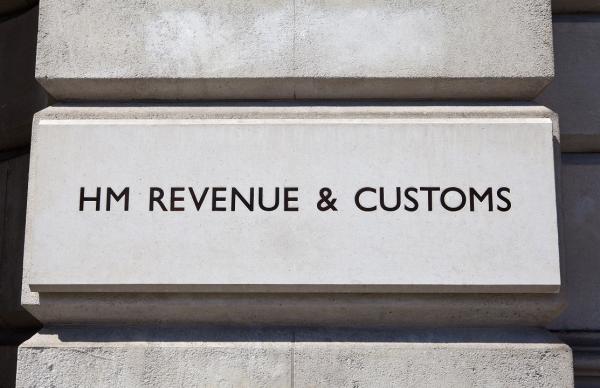
ATT responses to HMRC consultation on closing in on promoters of tax avoidance
The ATT has responded to the HMRC discussion document ‘closing in on promoters of tax avoidance (‘the Consultation’) which was issued on 26 March 2025.
The Government was seeking views on a range of new measures to close in on promoters of tax avoidance. These included proposals that would give HMRC additional powers and stronger sanctions, allowing HMRC to more efficiently and effectively disrupt the business model promoters rely on.
In the ATT's response, we made the following comments in relation to the four areas being considered:
Expanding the scope of the Disclosure of Tax Avoidance Schemes (DOTAS) regime.
We are not in favour of a new DOTAS hallmark linked specifically to the features of disguised remuneration schemes and believe that the current hallmarks are sufficient. Any new hallmark should only be introduced where there is a need to establish new clear and objective criteria to differentiate potentially abusive or high-risk tax planning from legitimate, commercially driven transactions. We do not consider it appropriate for the hallmarks to be narrowly tailored to address specific areas, such as disguised remuneration schemes.
Introducing a Universal Stop Notice and Promoter Action Notice
We support the introduction of both Universal Stop Notices and Promoter Action Notices to more efficiently and effectively disrupt the business model promoters rely on. However, we are not in support of a criminal strict liability offence, and in our view, imposing a criminal sanction based purely on the commission of an act, without considering the individual's intent or understanding, is neither proportionate nor appropriate in the context of tax compliance.
Tackling controlling minds and those behind the promotion of avoidance schemes through new highly targeted obligations and stronger information powers
We agree that there is no place in our society for those involved in the creation, promotion, and sale of marketed tax avoidance schemes that do not work within the letter or spirit of the law, and support the Government’s work in deterring, disrupting and otherwise frustrating promoters of tax avoidance. We also believe that it is right that the controlling minds behind these schemes are appropriately held to account. We therefore support the introduction of Connected Party Information Notices and Promoter Financial Institution Notices subject to there being appropriate and proportionate safeguards in place.
Exploring options to tackle legal professionals designing or contributing to the promotion of avoidance schemes
The ATT is the leading professional body for individuals providing tax compliance services. While some of our members may undertake work that intersects with the legal profession, this is not an area in which the ATT holds sufficient specialist expertise to comment in detail on the proposals. However, we believe that if a legal professional carries out promotion activities that do not attract legal professional privilege, such as organising and managing arrangements which might include making contracts with end users or administering scheme transactions, then they should be subject to the DOTAS rules.
The Future
The consultation notes that ‘persistent non-compliance has built the justification for thinking only the risk of a custodial sentence, a criminal fine, or lifestyle restrictions such as travel or driving bans, will provide a genuine deterrent.’. We acknowledge that these sanctions, whether applied individually or in combination, could have a meaningful deterrent effect. However, their effectiveness depends critically on the ability to apply them to the controlling minds and key individuals behind promoter organisations.
One concern we have, albeit without access to empirical data to substantiate it, is that many of these individuals may be based in jurisdictions where HMRC would face significant challenges in enforcing such sanctions. In the absence of a credible risk of enforcement, the deterrent value of even the most severe sanction is significantly diminished and risks becoming, in effect, toothless. Overcoming this issue may require enhanced international collaboration, bilateral agreements, and the development of more robust cross-border enforcement mechanisms.














